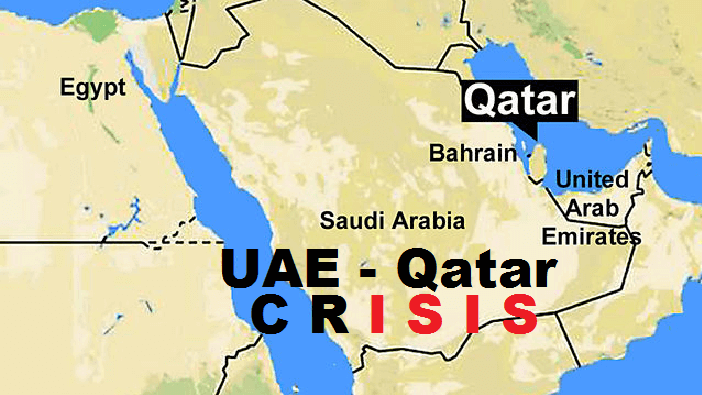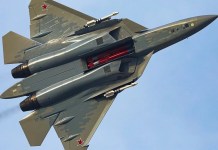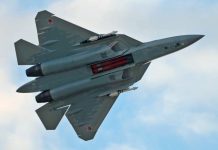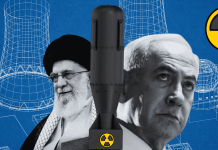The joint team of US President Donald Trump and his senior advisor and son-in-law Jared Kushner have been successful in changing the entire balance of power in the Middle East region following the signing of historical normalisation “Abraham Accord” between Israel and United Arab Emirates (UAE).
Satellite Images Bust Turkish Assertions; Reveals Presence Of F-16 Jets In Azerbaijan
The peace operation has not only removed tall barriers in the diplomacy between the countries but crucially paved a way for Arab Nations to bolster their military reinforcements through the acquisition of modern machinery which has been out of their reach so far due to the discord in the Middle East.

One such fine piece of modern metal is the Pentagon’s prized possession, the Lockheed Martin F-35 stealth fighter, which has garnered the interest from the UAE for long and has now reached its Arabian neighbour Qatar, who has reportedly made an official formal request for the coveted warplane.
According to reports, the Persian Gulf state made an official request in recent weeks, however, it is not clear as to how many aircraft are being looked for the purchase and how the approval for the deal may proceed.
There has been no official confirmation on the news reports with the Qatari embassy in Washington, DC not commenting on the situation yet.
However, according to a US State Department spokesman,
“As a matter of policy, the United States does not confirm or comment on proposed defence sales or transfers until they are formally notified to Congress.”
Earlier, after the signing of the historical accords, Trump had admitted that he would be willing to sell the same weapons systems which were sold to Israel to countries in the Middle East.
“They’re very wealthy countries for the most part,” said Trump, while speaking to Fox News.
Commenting on a potential sale of F-35 stealth fighters to countries like the UAE, he had said – “I personally would not have a problem with it. Some people do, they say… maybe they go to war.”
With Iran’s UN sanctions likely to expire on October 18, Washington knows that it will be in its interest to arm Middle Eastern allies like Qatar in a bid to counter Tehran.
Qatar is a place of strategic interest to the US, with it being host to the largest U.S. military facility in the Middle East and home to 8,000 U.S. service members and Department of Defense civilian employees.
Moreover, according to Seth J. Frantzman, writing for The Jerusalem Post, Washington fears Qatar to follow the likes of Turkey.
“Not only does the US want to balance the powers in the region and balance Gulf rivalries, but it also doesn’t want countries like Qatar turning to competitors. Turkey has already turned to Russia and many countries are buying drones from China, for instance. The US prefers to have these countries dependent on American weapon systems and sales.” said Frantzman.
However, any such deal cannot go forward without the approval of Israel who has for long maintained a military edge over the region with the help of the US, which has exclusively sold its most advanced weapons to it.
Despite the signing of the accord, Israeli Prime Minister Benjamin Netanyahu has maintained his resolve by stating that his government will oppose any U.S. F-35 warplane sales to the UAE.
Experts believe Israel, which is one of US’ real allies along with the UK and a few others, who operate the stealthy fighters, are not ready to give up superiority in the Middle East region just yet and therefore will provide stiff opposition for any deal between the US and UAE or for that matter Qatar.
Moreover, the deal with Qatar is also looked at as a possibility of upsetting other neighbouring nations.
“There will be lingering questions about why Qatar is rewarded in the same way as the UAE, despite the UAE normalizing relations with Israel.
In essence, the question is: What did Qatar do to deserve the aircraft? But if the US only sells the aircraft to one and not the other, it will show favouritism. In addition, Israel has expressed concern about preserving its qualitative military edge, and that will factor into the decision.” said Frantzman.




